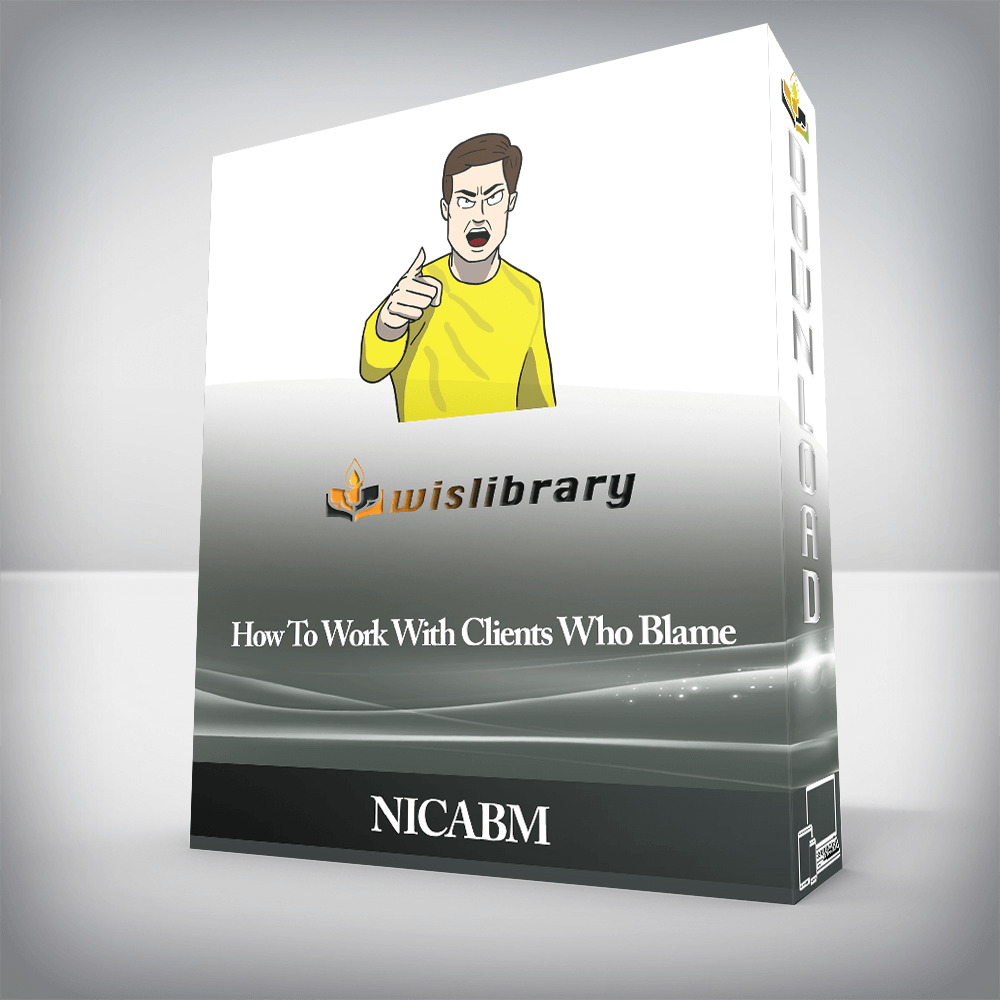

Expert Strategies to Shift Your Client Out of Anger, Pain, Resentment and Blame
File Size: 3.56 GB.

Blame is a powerful emotion.
Problem is, blame’s power can also be addictive. When a client blames others, they often feel more certain in their belief or they feel more protected from painful emotions like shame.
But this protection comes with unintended consequences, because blame can push people out of the client’s life and poison so many of their intimate relationships.
So how do we help clients who struggle with blame?
We asked 22 world-renowned experts how they work with clients who blame. These are their top strategies.














 |
Downloadable videos so you can watch at your convenience, on any device |
 |
Audio recordings you can download and listen to at home, in the car, at the gym or wherever you like |
 |
Professionally-formatted transcripts of the sessions, to make review and action simple |
 |
Three downloadable bonus videos to help you work more effectively with blame |

“When I listen to the experts talk openly about their experience, I feel so fortunate to have this access to brain power, experience and research synthesis on cutting edge issues! I go back to the videos to reinforce things that will assist my clients.”

“I live in Nova Scotia and have limited travel funds at the university at which I work. The series provided by NICABM gives me the rare opportunity to listen to the leaders in the field. As a result, I learn valuable information that would not otherwise be available to me. I benefit, my practice benefits, and most important my clients benefit from the knowledge and wisdom I gain from the series.”

“These NICABM series keep me afloat, in touch, on track, well trained in my field, and more personally healthy. The best aspect, though, is that I feel validated and comforted knowing that some dare to go the extra journey to research and educate, so I can walk the path to health, and can share with others.”

“I really liked being able to follow along with the transcripts as I listened…it was nice not to feel like I had to take notes. I really feel like I remember more when I both hear and see at the same time.”
There are no reviews yet.
You must be <a href="https://wislibrary.org/my-account/">logged in</a> to post a review.